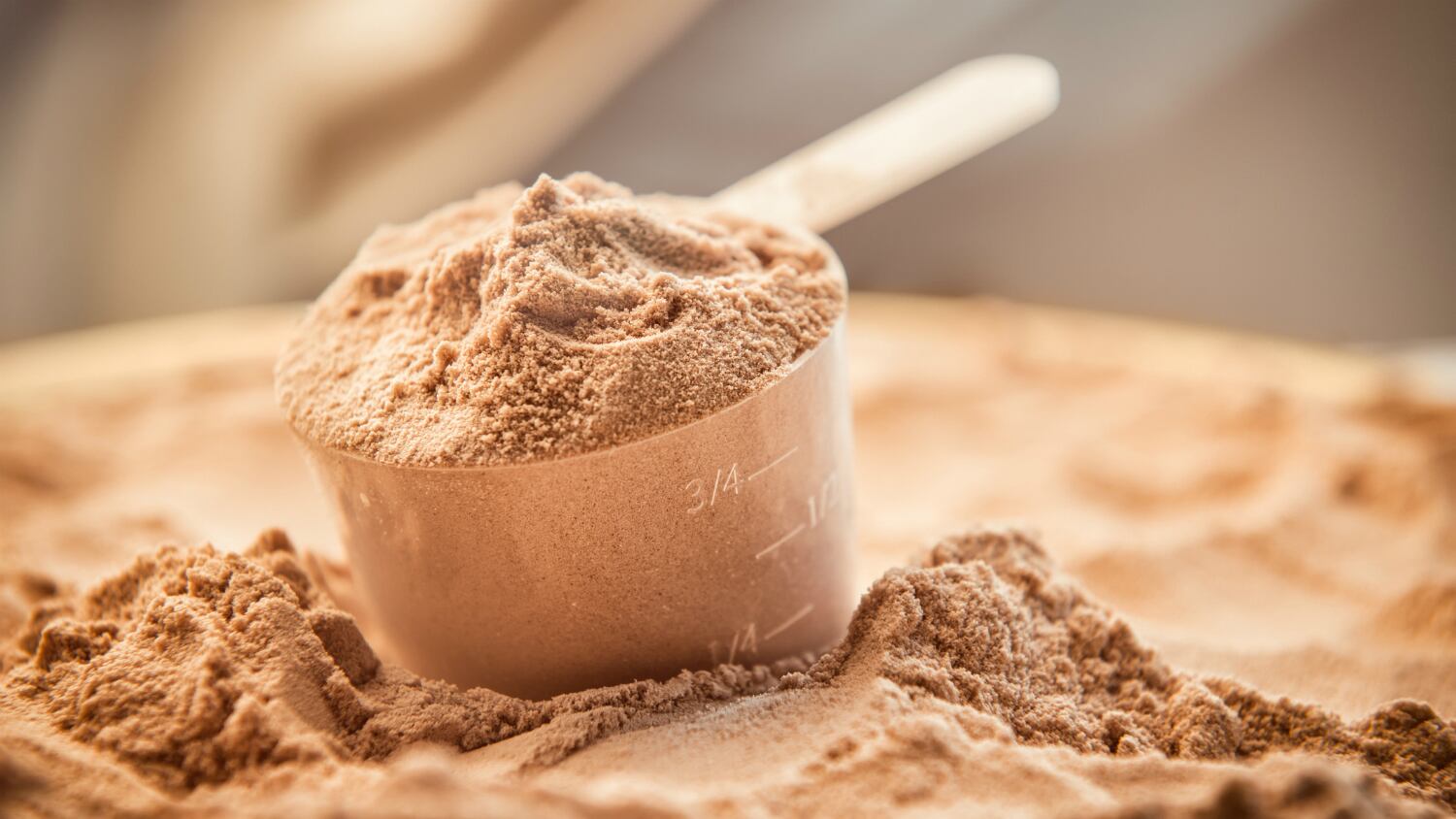Previous epidemiological and clinical studies have found dairy products to be beneficial to those suffering from cognitive decline and dementia.
Additionally, enzymatic digestion of whey protein produces a whey peptide high in peptides associated with tryptophan-tyrosine, which have been shown to improve cognitive performance in mice.
Researchers at Kirin, together with Japan's Kensyokai Medical Corporation and Keio University, therefore conducted an RCT to evaluate the effects of whey peptides on the cognitive function of healthy adults.
Tablets and tests
They recruited 101 healthy adults aged 45 to 64, who had a self-awareness of cognitive decline — particularly in the form of forgetfulness regarding the names of people and objects — and gave each of them either 1g of whey peptide in the form of six tablets, or an equivalent of placebo supplements (maltodextrin) daily for 12 weeks.
They then performed neuropsychological tests and subjective psychological assessments after the sixth and 12th weeks of supplementation, as well as clinical examinations for safety assessment in the 12th week.
The participants were told to go about their regular lifestyles, and not to consume any drugs, functional health foods, or protein supplements, as these could affect the outcome of the neuropsychological tests.
Their compliance was monitored via interviews, their own diaries, and the number of ingested tablets, while their memory function was assessed using word and story recall tests for short-term memory, as well as a verbal fluency test (VFT) for long-term memory.
Their attention and executive functions were evaluated using the Stroop test, digit span, and paced auditory serial addition test (PASAT).
The researchers subsequently observed that after 12 weeks of supplementation, participants in the treatment group had higher VFT scores than those in the control group.
At the same time, changes between baseline and six weeks in the VFT, as well as the Stroop and subjective memory function tests, were significantly better in subjects with high-level fatigue in the treatment group, compared to those in the control group.
However, the improvements in the treatment group were significant after six weeks of whey peptide intake, but not after 12 weeks. This suggested that repeated memory and attention assessments might "increase the learning effects at week 12, resulting in a reduction in the difference between (the) placebo and whey peptide groups at week 12, compared with week six".
Furthermore, some whey peptides possess anti-inflammatory and antioxidant properties, meaning that the beneficial effects observed in the study might have been the result of reduced oxidative stress and inflammation.
The whey to better brain function
The researchers acknowledged that since the fatigue scales assessed were subjective methods, they might have been affected by psychological conditions apart from fatigue, which were not accounted for in this study.
They wrote that "further studies measuring biochemical fatigue markers (e.g., salivary amylase) should be conducted in order to distinguish fatigue from other psychological conditions".
They then concluded: "In the present study, the effects of daily whey peptide intake on cognitive functions in healthy middle- and older-aged people were evaluated.
"It is suggested that whey peptide improves some cognitive functions in people with a high level of subjective fatigue. Further studies will elucidate the relationship among cognitive improvement, whey peptides, and psychological fatigue.
"Our results support previous epidemiological and pre-clinical findings, which suggested that intake of whey peptide in daily life might be beneficial to cognitive function."
Source: Nutrients
https://doi.org/10.3390/nu10070899
"Effect of Supplementation of a Whey Peptide Rich in Tryptophan-Tyrosine-Related Peptides on Cognitive Performance in Healthy Adults: A Randomized, Double-Blind, Placebo-Controlled Study"
Authors: Masahiro Kita, et al.

